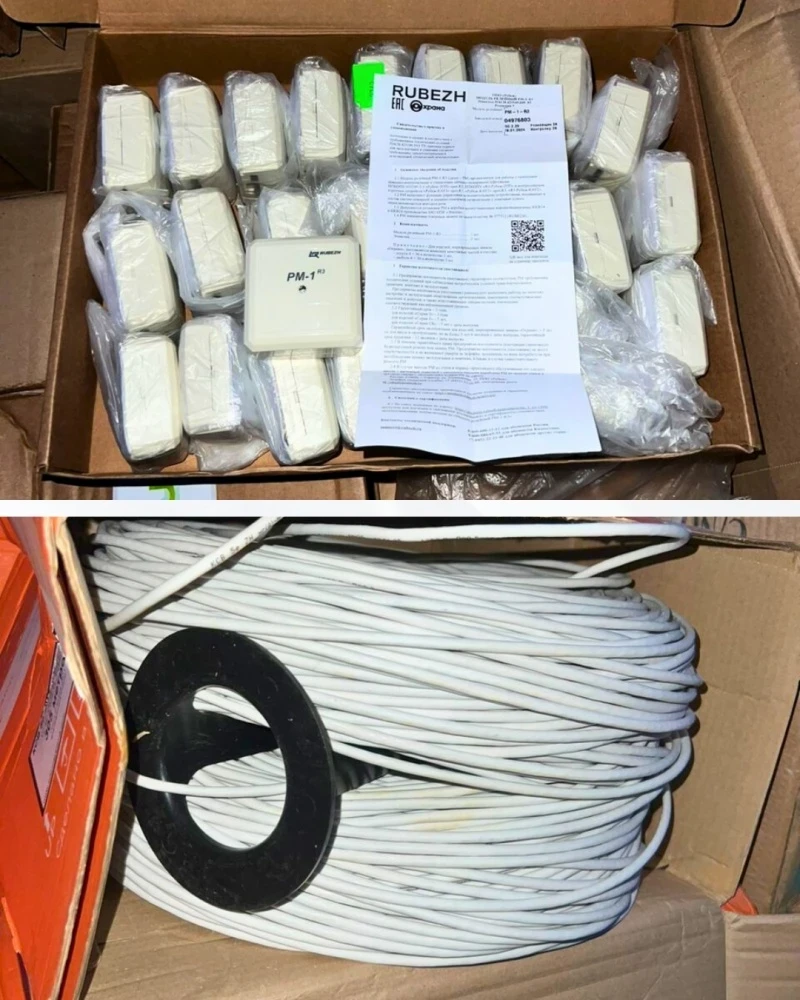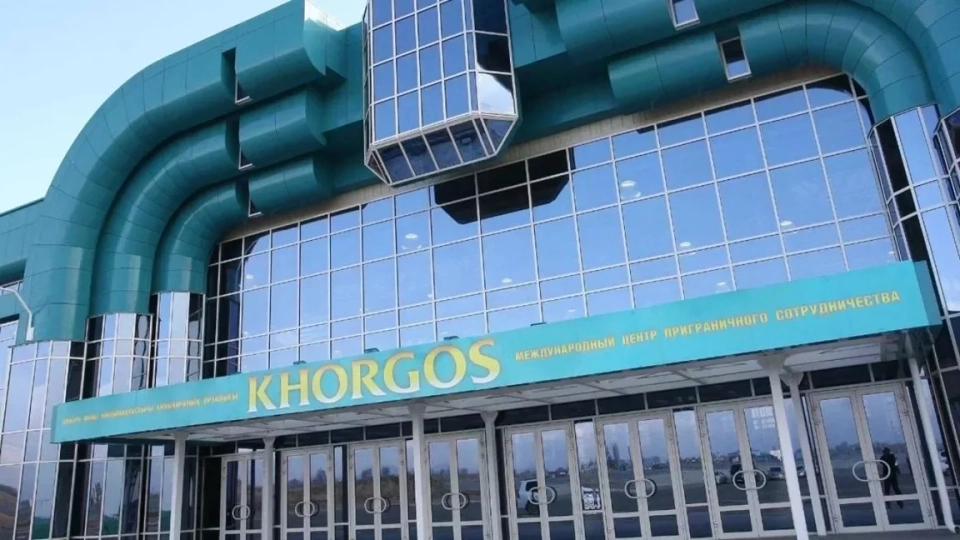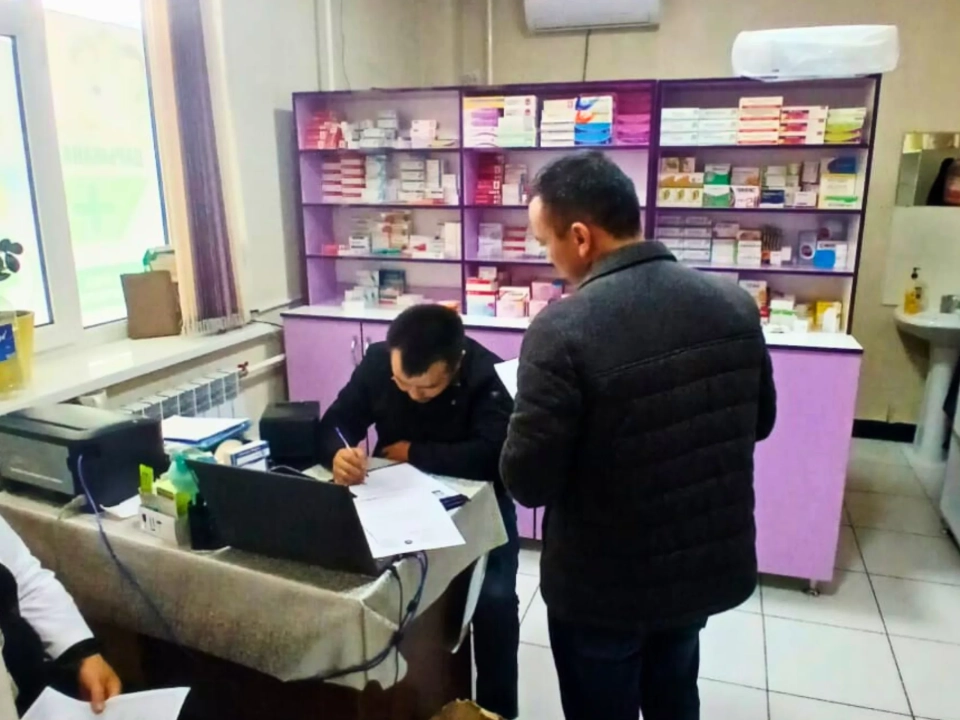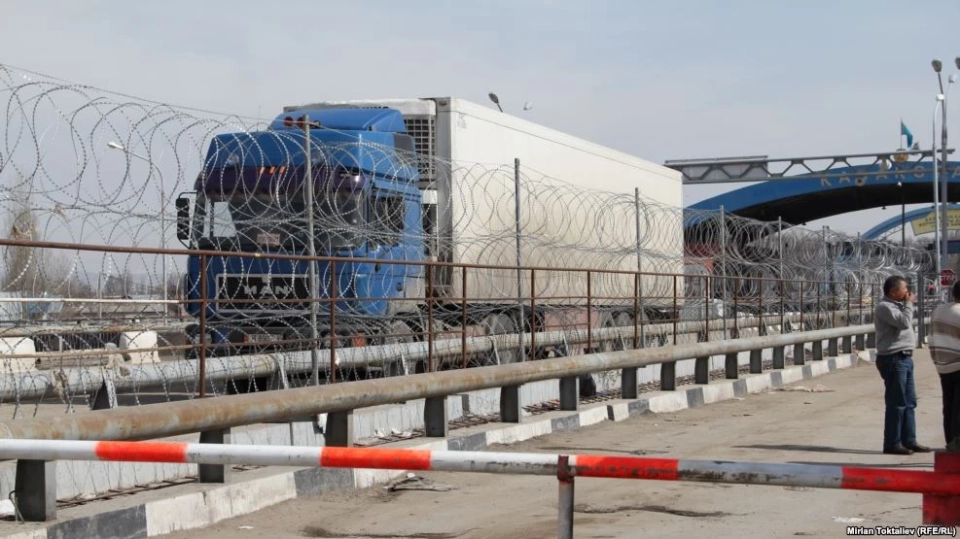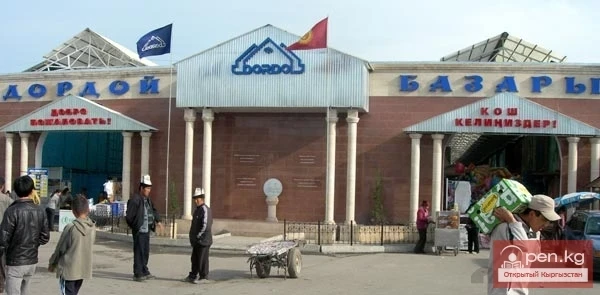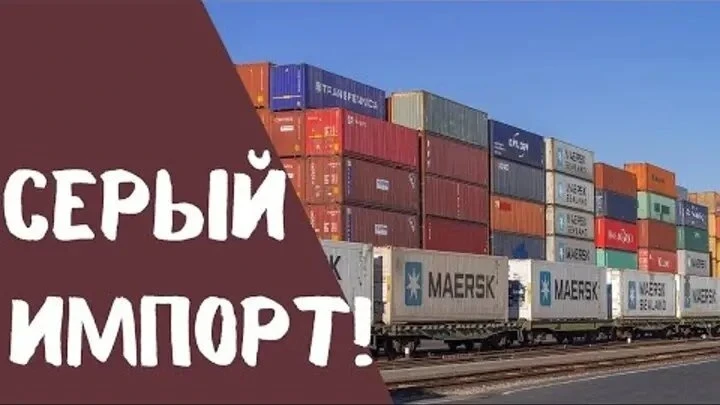
According to the organization's report, shadow imports carried out through cargo schemes amount to about $10–15 billion per year. This includes the import of consumer goods from China without paying taxes and necessary documentation.
Cargo schemes represent simplified logistics chains in which Russian businessmen purchase goods on Chinese platforms such as Alibaba, 1688.com, Taobao, and Pinduoduo. Delivery is carried out through intermediaries without a complete set of accompanying documents, and payment is made in cash or through personal accounts.
Goods, usually arriving at warehouses in China, are then shipped to Russia, most often by road, with possible routes through Kazakhstan, Kyrgyzstan, Uzbekistan, and even Armenia. The goods are declared as "personal parcels" or "non-commercial batches." Experts link the growth of these schemes to difficulties in cross-border payments and rising prices for legal logistics.
To combat the spread of cargo schemes, the organization proposed a number of measures, including legislative changes to verify counterparties and introduce liability for digital platforms and freight carriers. It is also recommended to expand the "Honest Sign" marking system and implement automated mechanisms for controlling the origin of goods in online markets.
According to Vyacheslav Timchenko, Chairman of the Federation Council Committee on Regulations, the data presented by the "Public Consumer Initiative" urgently requires serious measures to be taken. He noted that the Federal Customs Service is working on creating mechanisms for interaction with marketplaces to cleanse them of illegal goods, which will not only improve the market but also help replenish the budget.
Source: alta.ru

